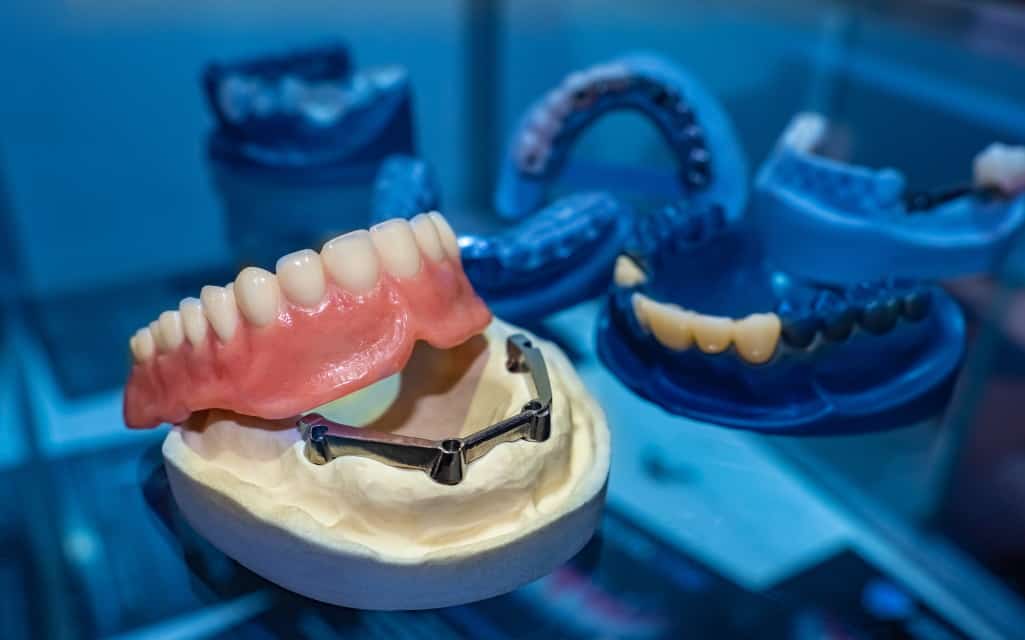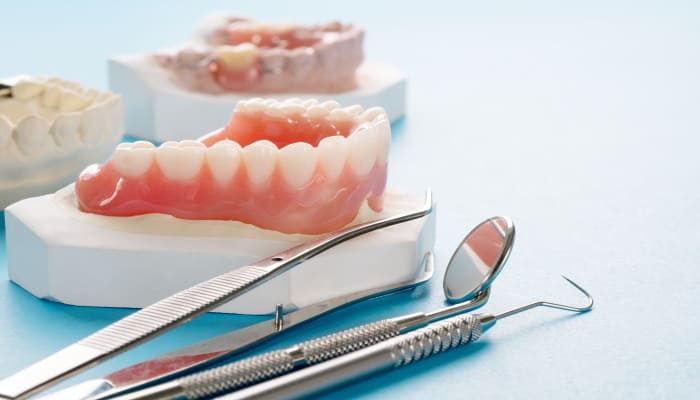Losing either upper or lower teeth can be a great challenge for many. Luckily, there are plenty of treatment plans to choose from that can help in bringing back your beautiful smile and allow you to eat comfortably. One of which is overdentures.
But what exactly is this treatment? Keep on reading and learn more about overdentures.
1. Overdenture Can Be Comfortable And Functional
Overdenture is a type of denture that can offer a high level of comfort as well as functionality. It’s a dental device affixed to a person’s natural teeth and dental implants. It can also be removed. Overdenture is a combination of dentures and dental implants, so, it’s stable and feels natural.
As days go by, some people fail to remember to stimulate their jawbone, which will lead to muscle loss and other negative effects on one’s overall health. A traditional denture doesn’t allow the jawbone’s stimulus that’ll make the face of the patient look sunken and aged. But with overdentures, the jaw will get the necessary stimulation to maintain its integrity.
2. Overdentures Are Easy To Take Care Of
Taking care of overdenture can be simple. All you need to do is fill a basin or any container with warm water as it helps keep the overdenture from fracturing. Then, apply some detergent on a toothbrush with soft bristles and clean the surface thoroughly. Lastly, remove your overdenture and submerge in plain cold water before you go to bed every night.
3. There Are Different Types Of Overdentures
The following are the different types of overdentures. If you’re considering this treatment, be sure to read every type carefully so that you can easily choose which one suits you. Of course, you should also consult your dentist for better results.
- Implant-Supported
This type utilizes either four or six implants that are screwed in the maxillary as well as the mandibular jawbone. An implant-supported overdenture will help in retaining the existing bone to avoid further damage. Also, this overdenture can give you a younger look while enhancing bone stability.
- Bar-Retained Implant Supported
As the name implies, this kind of overdenture uses a bar that is connected to the dentures that help clip on the implants. This will then allow the denture to pin on and off the dental implants. However, compared to traditional dentures, the bar-retained implant-supported overdenture can offer better stability.
- Fixed Implant-Supported
This type of overdenture is the same as the removable one. But the main difference is that it’s locked in place using screws. There is also no way for the patient to remove it. In order to remove it, the dentist needs to unscrew the prosthetic gently.
- Overdenture Partial
Some people don’t need a full denture, which is where an overdenture partial comes into play. Similar to full dentures, this one can also be removed, but it can put pressure on the neighboring teeth.
On the other hand, this type works exactly how implant-retained dentures do. It’ll replace teeth with implants which makes them easier to clean. Slipping is also less likely to happen. Lastly, overdenture partials will help in distributing chewing forces equally, and unlike conventional partial dentures, they can give a natural look.
- Ball Retained Implant-Supported
This is the ideal option for the lower arch in which two or four implants are typically inserted in the patient’s jawbone. A ball-retained overdenture can offer stability and even enhanced functionality, unlike conventional dentures.
4. Overdentures Has Many Benefits
If you are hesitant to get overdentures, know that this treatment can offer a lot of benefits. Here are some of the reasons why you should consider it.
- You Can Eat Everything You Want
An overdenture can help in improving your diet allowing you to eat delicious and more nutritious food. With this replacement, you can completely chew your food which helps with proper digestion. Also, you’ll no longer need to avoid your favorite food.
- Prevents Bone Loss
Overdentures, specifically an implant-retained overdenture, use a medical-grade titanium implant integrated into the bone. This will protect your jaw bone and stop bone reabsorptions that are common for those with tooth loss.
- You Don’t Need To Use A Messy Adhesive
With a traditional denture, patients will need to use adhesives to ensure that it’ll stay in place. But this can be very uncomfortable and may affect the taste of the food. Luckily, you will not have to deal with these problems with overdentures because they can offer better stability and retention. So, you’ll longer have to deal with the hassles and additional costs of adhesives just to ensure your teeth stay in place.
Final Say
If you want to regain the normal functionalities of your teeth more securely, overdentures can be a great help. Should you decide to get one, consult with your dentist to know which type is suitable for you.




